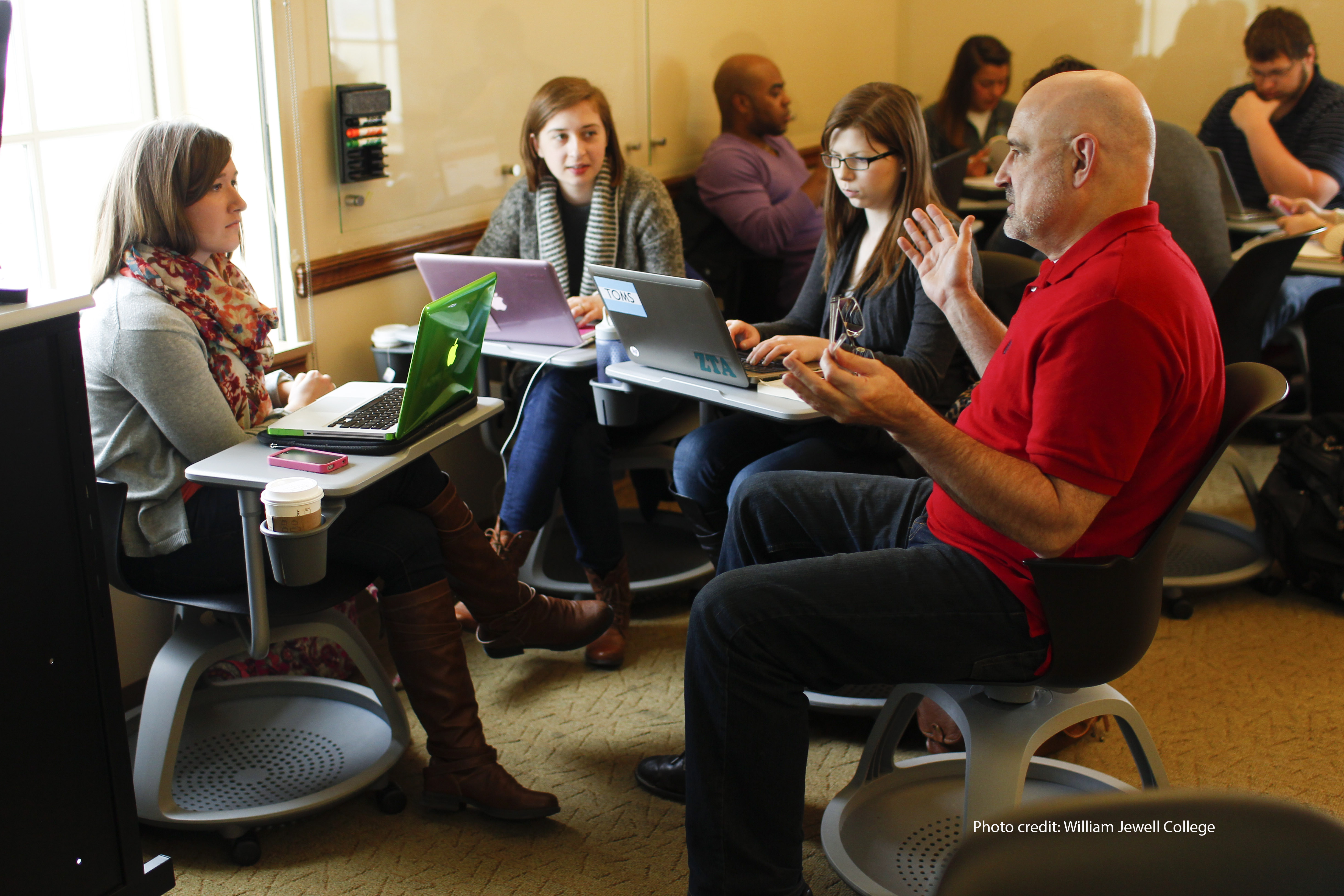The theme for the 2018 Annual Meeting for the Association of American Colleges & Universities was "Can Higher Education Recapture the Elusive American Dream?" Given the continued perpetuation of sexual violence on college and university campuses and the increased attention from the mainstream media, researchers Sarah Hurtado, NSSE Institute Project Associate, and Allison BrckaLorenz, FSSE Project Manager, presented work reframing who is viewed as responsible for addressing this issue. In their session, "Sexual Violence is Everyone's Problem: Faculty Roles and Responsibilities," participants discussed what faculty members' involvement looks like on their campus and the barriers to getting faculty more involved.
The session was framed around the following discussion questions:
- What is the biggest challenge your campus is facing related to addressing sexual violence?
- How do you include faculty in efforts to address sexual violence?
- What does training for faculty look like?
- What are the barriers to including faculty?
The discussion was supplemented using data from two different studies. The first study focused on an experimental item set that was appended to the 2015 Faculty Survey of Student Engagement (FSSE) at 16 institutions. This particular item set included faculty members' understanding of sexual assault policies, training, and support, and yielded responses from 2,224 faculty members. The second study, Sarah's dissertation, is a feminist, critical narrative inquiry, which included 10 faculty members who are actively engaged in addressing sexual violence in their teaching, research, and service.
One of the biggest questions that came up in the session was--how do we get all faculty members to care about this issue and see themselves as responsible? Naturally, one of the immediate reactions is to (re)consider how training is currently structured and implemented. Participants shared that training for faculty at their institution is typically a one-time, online module, without repercussions for non-completion. The participants in Sarah's study echoed these sentiments and added that training centered on fulfilling institutional compliance over encouraging personal investment of faculty members. Lastly, only half of the faculty who responded to FSSE said their institution provided training, and about a third said they did not have a substantial understanding of their institution's policies and procedures regarding sexual assault incidents.
If you would like to review the slides from this presentation, you can find them here. If you would like more information about the studies involved in this session, please feel free to contact us.


